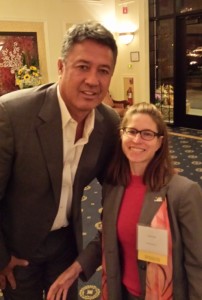A couple of weeks ago, we covered the fact that Identity Theft is still the top scam as determined by the IRS. The other prevalent scams warrant attention as well.
Though there are lots of warnings about pervasive telephone scams, many are still falling prey. These involved the use of false and misleading information that is conveyed to the taxpayer via the telephone. Some of the calls are made by parties alleging to be from a given organization or government agency, especially the IRS. Since the fear of the IRS is a top fear, listeners are prone to take heed.
Scams may include the allegation that the victim owes money and may even threaten arrest or driver’s license revocation. Calls are sometimes followed up by fake calls from the local police department or state of motor vehicle.
Scammers may create a fake name and IRS bagde number; use the last four digits of the victim’s Social Security Number; spoof the IRS’s toll free number on Caller ID; send bogus emails; or use background noise to mimic a call center. These with the intent to make their contact seem legitimate and actual.
The advice from the IRS is to do the following:
If you know you owe taxes or think you may, call the IRS directly 1 (800) 829-1040. The IRS employees at that line can help you resolve any such issue.
If you know you don’t owe taxes and have no reason to think you owe, then call and report the incident to the Treasury Inspector General for Tax Administration at 1 (800) 366-4484.
For more identity theft and general best practices please visit www.hvshred.com

